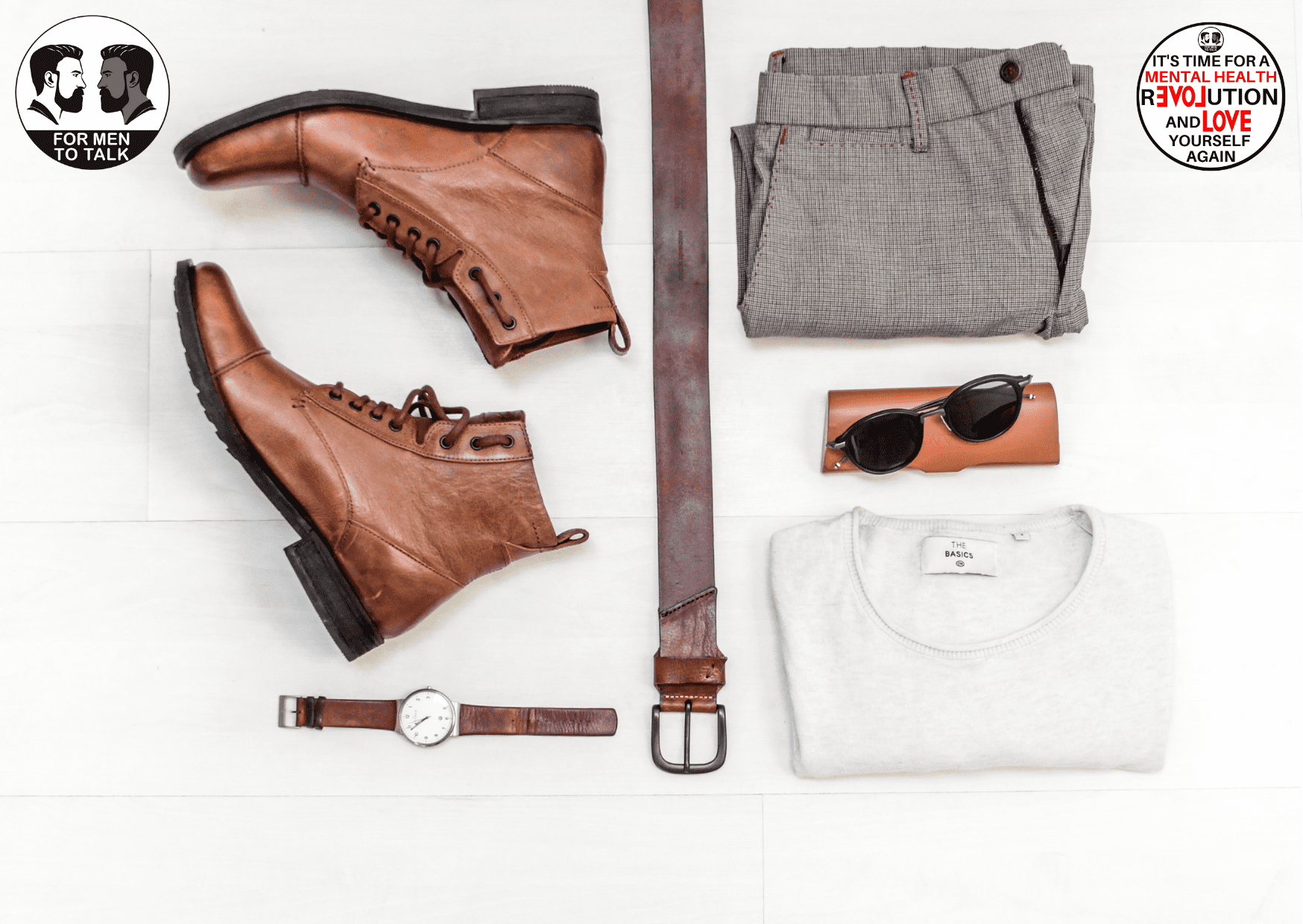Clothing gives men a sense of identity

Clothing isn’t merely about covering the body; it’s a powerful tool for self-expression and identity formation. For men, in particular, the clothes they choose to wear play a significant role in shaping how they perceive themselves and how they are perceived by others. From casual streetwear to tailored suits, each garment tells a story, reflecting personal tastes, cultural affiliations, and even aspirations. In this blog, we delve into the intricate relationship between men and their clothing, exploring how it goes beyond mere fashion to become a reflection of identity.
Firstly, clothing serves as a visual language through which men can communicate their individuality. Just as words express thoughts, clothing communicates personality traits, values, and interests. A man who favours rugged denim and leather jackets may project a sense of adventure and authenticity, while another who prefers crisp shirts and tailored trousers might convey professionalism and sophistication. In this way, clothing becomes a form of non-verbal communication, allowing men to assert their identity without uttering a word.
Moreover, clothing can also act as a badge of belonging, aligning individuals with particular social groups or subcultures. For instance, a man sporting streetwear brands might signal his affiliation with urban culture and street fashion enthusiasts. Similarly, someone donning preppy attire could be seen as identifying with a more traditional, college lifestyle. By adopting the dress codes associated with these groups, men not only express their identity but also find a sense of community and belonging.
Beyond social affiliations, clothing can empower men by bolstering their confidence and self-esteem. The right outfit has the power to evoke a sense of empowerment, transforming how men perceive themselves and how they are perceived by others. Consider the transformative effect of a well-tailored suit: its clean lines and impeccable fit can imbue the wearer with a sense of authority and competence, whether in the boardroom or at a social event. Similarly, wearing athletic gear might inspire feelings of strength and determination, reinforcing a commitment to fitness and well-being.
Furthermore, clothing can serve as a form of self-care, allowing men to prioritise their well-being and cultivate a positive self-image. Taking the time to curate a wardrobe that reflects personal style and comfort can be an act of self-love, fostering a sense of pride and satisfaction. Whether it’s investing in high-quality basics or experimenting with bold statement pieces, men can use clothing as a means of self-expression and self-care, nurturing their sense of identity in the process.
In conclusion, clothing is much more than fabric and stitching; it’s a powerful vehicle for self-expression, social affiliation, and personal empowerment. For men, in particular, the clothes they choose to wear play a pivotal role in shaping their identity and how they navigate the world around them. Whether it’s communicating individuality, fostering a sense of belonging, or boosting confidence, clothing serves as a tangible expression of who we are and who we aspire to be. So, the next time you pick out an outfit, remember that you’re not just getting dressed – you’re defining your identity.